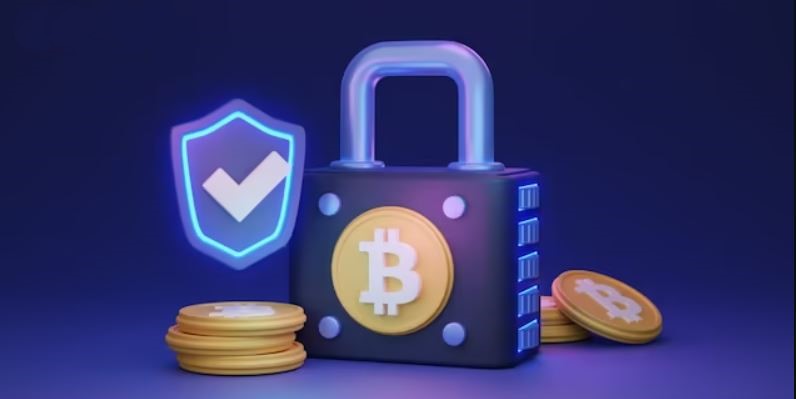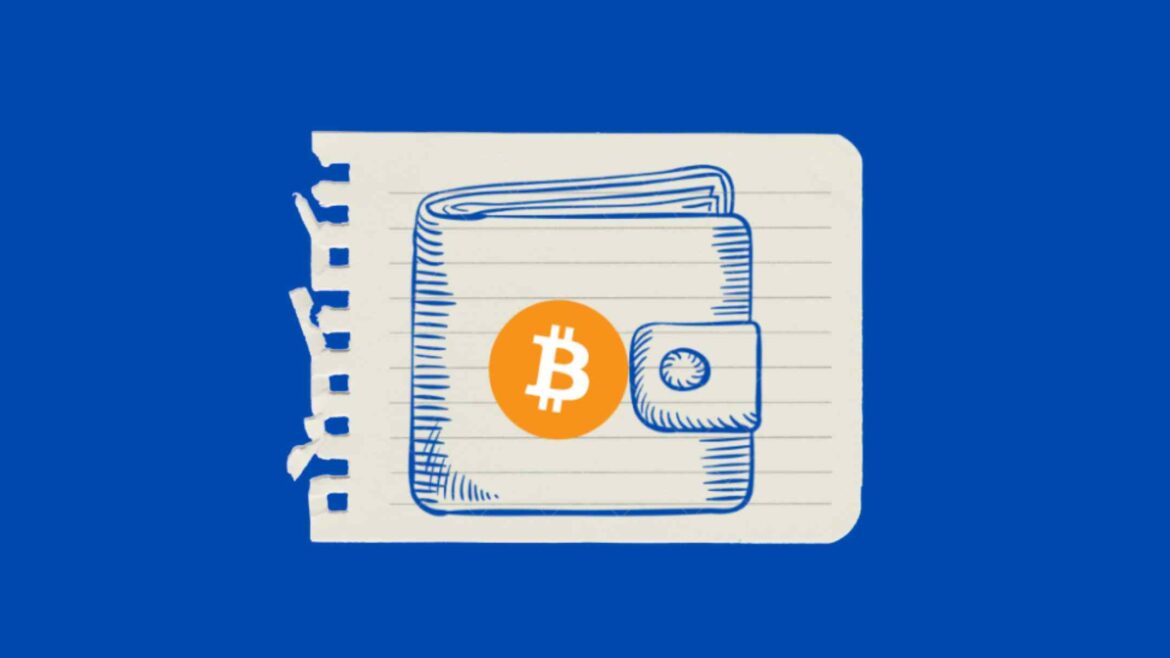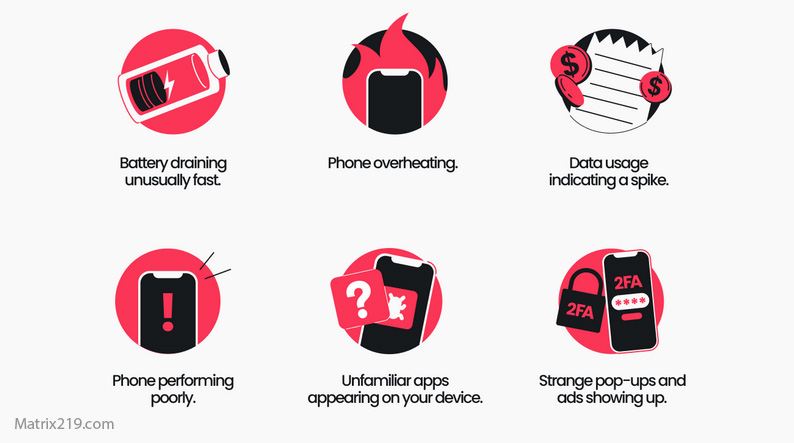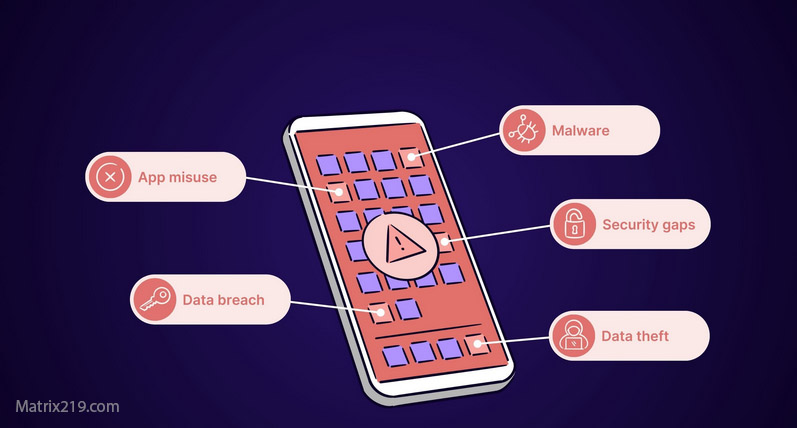A Bitcoin paper wallet is a physical document containing the private keys and public addresses for storing Bitcoin offline. It’s a form of cold storage, meaning it keeps your cryptocurrency completely disconnected from the internet, making it highly secure against hacking attempts.
How a Bitcoin Paper Wallet Works
-
Public Address:
Used to receive Bitcoin from other wallets or exchanges. It’s safe to share with anyone. -
Private Key:
Used to access and send Bitcoin from the wallet. It must be kept secret and secure. -
QR Codes:
Many paper wallets include QR codes for the public address and private key, making it easier to scan and use without manually typing long strings.
How to Create a Bitcoin Paper Wallet
-
Use a Trusted Generator:
Websites like bitaddress.org or bitcoinpaperwallet.com can generate wallets.-
For maximum safety, download the generator and run it offline.
-
-
Disconnect from the Internet:
Generate your wallet on a device that is offline to prevent exposure. -
Print the Wallet:
Use a secure, offline printer. Avoid public or networked printers. -
Store Securely:
Keep your paper wallet in a safe, waterproof, and fireproof location. You can make multiple copies for backup.
Advantages of Bitcoin Paper Wallets
-
Offline Security: Immune to online hacks and malware.
-
Low Cost: No hardware purchase needed.
-
Long-Term Storage: Ideal for holding Bitcoin for years without accessing it.

Risks and Limitations
-
Physical Damage: Paper can be destroyed by fire, water, or fading over time.
-
Theft: Anyone with access to your paper wallet can steal your Bitcoin.
-
No Recovery: If you lose the paper wallet or it’s damaged beyond recognition, your Bitcoin is lost forever.
Best Practices for Using a Paper Wallet
-
Laminate the paper to protect it from wear and tear.
-
Store it in multiple secure locations.
-
Avoid showing or photographing the wallet.
-
Consider using a passphrase with your private key for added security.
Key Takeaway
A Bitcoin paper wallet offers an affordable and highly secure way to store your cryptocurrency offline. However, it requires careful handling and physical protection to prevent loss or theft.





